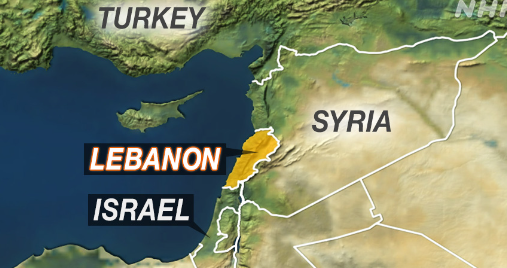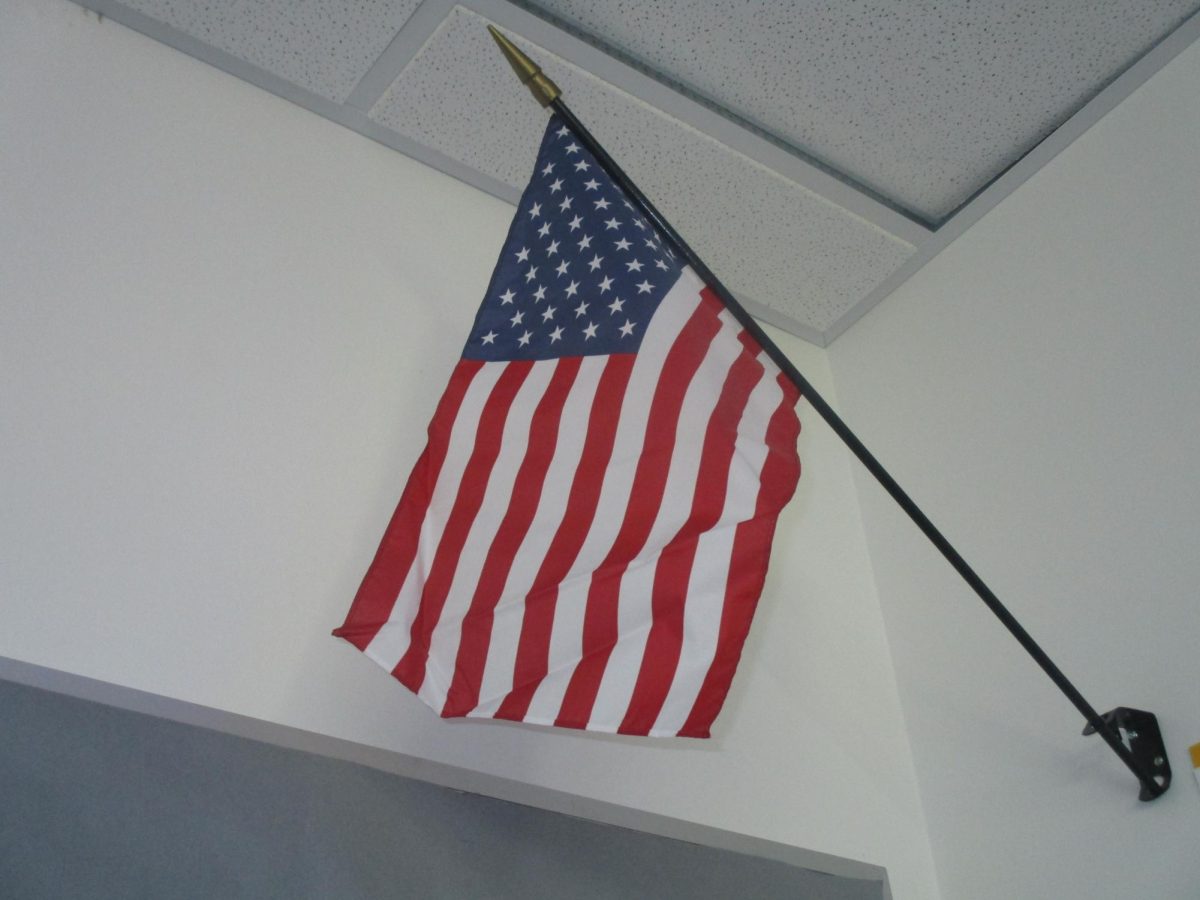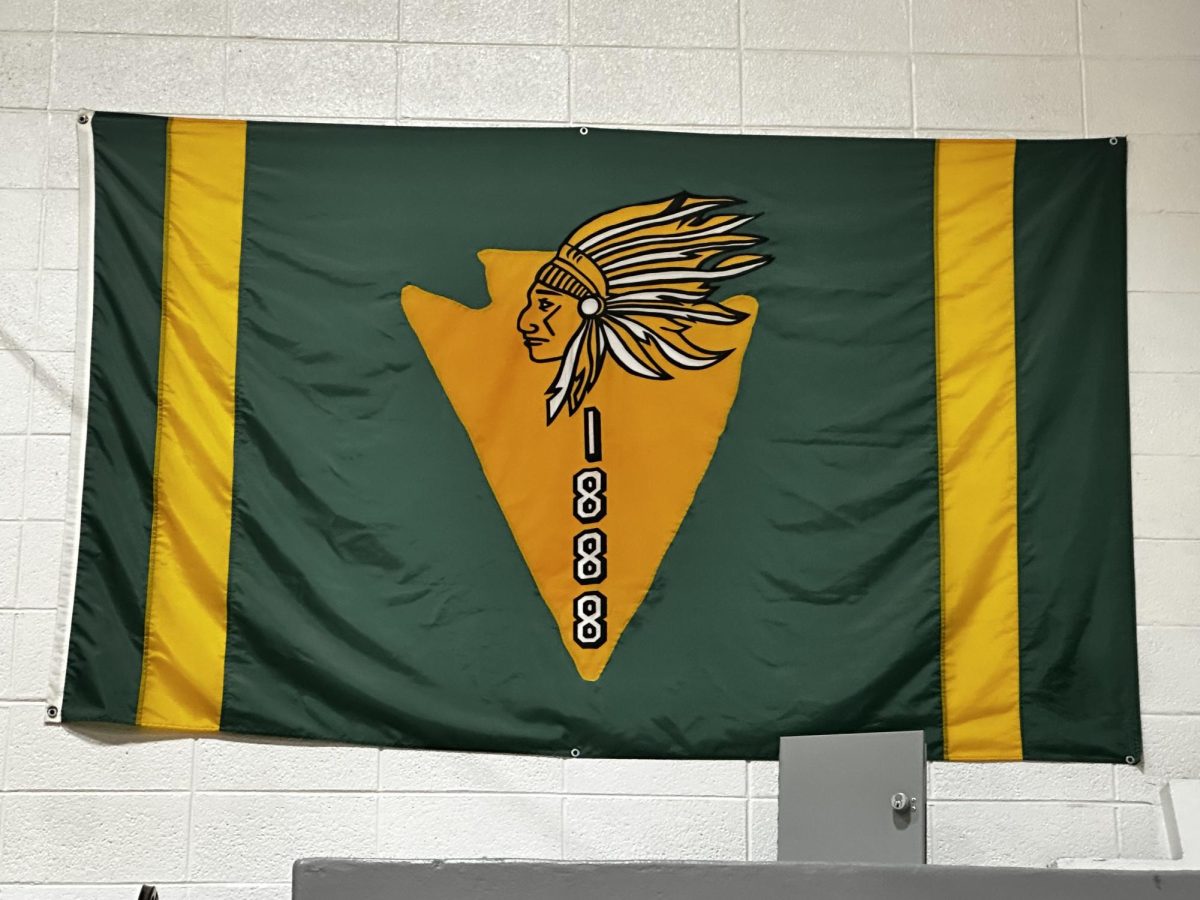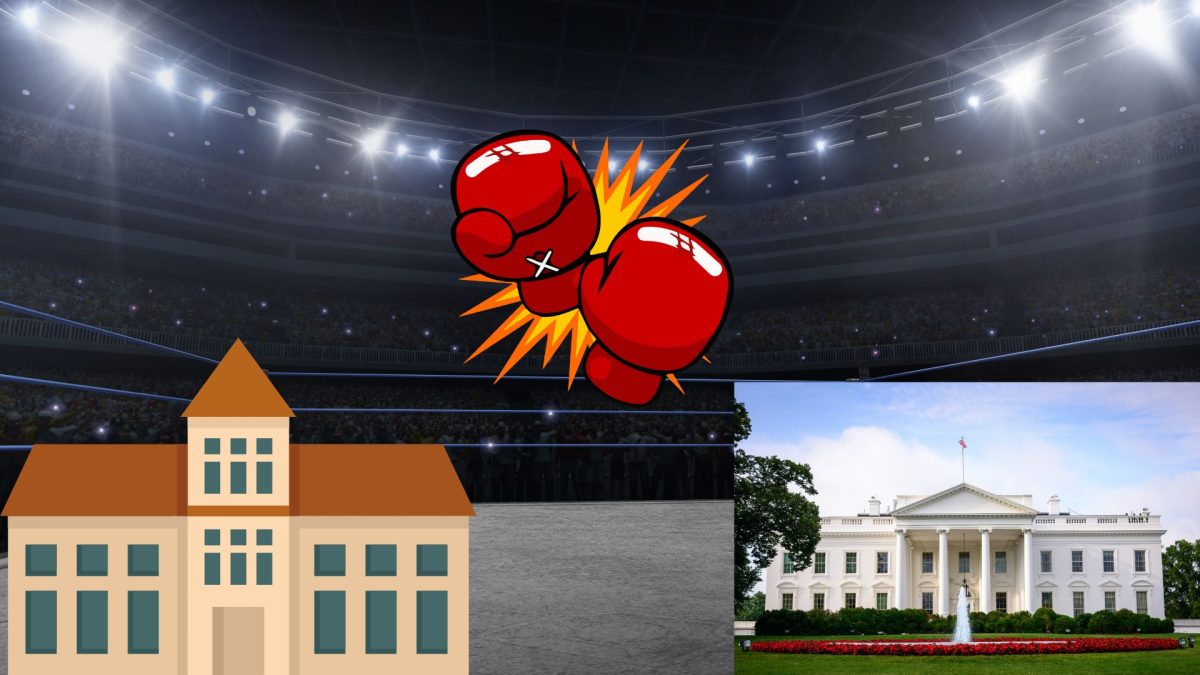Since Hamas’ attack directed at Israel on Oct. 7, future Israeli involvement with Hezbollah has come into question. Israel and Hezbollah had been engaging in skirmishes for the duration of the conflict in Gaza, until Sept. 17, 2024, when Israel launched an attack on Hezbollah, blowing up pagers carried by Hezbollah’s troops. The day after, walkie-talkies used by Hezbollah members exploded. Israel had been able to enter Hezbollah’s supply line and plant explosives in both pagers and walkie-talkies, allowing them to carry out the attack, which has been the catalyst for what some are calling a full-on war between Israel and the Hezbollah militant group. The strike left over thirty dead and over 3,000 injured.
On Oct. 1, Israel invaded Lebanon. Subsequently, on Oct. 2, Iran launched 180 of its own missiles at Israel.
The attack, although unexpected in its methods, was anticipated by some foreign governments. The U.S. government issued a security alert on Aug. 3 urging all Americans in Lebanon to evacuate on the nearest open flight, regardless of the destination. Otherwise, the alert said, U.S. citizens who planned to stay in Lebanon should prepare contingency plans and find shelter. Financial assistance was also offered to those who could not afford a flight out of the country. Additionally, on Sept. 23, British prime minister Keir Starmer told British nationals in Lebanon to leave immediately, while also claiming that contingency plans were being prepared, and that there was potential for all-out war. Seven hundred British soldiers have been deployed to the nearby island nation of Cyprus to prepare for the evacuation of any British nationals left in Lebanon.
Days prior to the Starmer’s warning, as violence between Hezbollah and Israel grew intensely, the BBC reported that hospitals in Lebanon, according to the health minister, were struggling to handle the amount of casualties, many of whom were civilians. The Israeli airstrikes on Sept. 23 resulted in the most casualties in a single day for Lebanon since the Israel-Hezbollah war in 2006.
In the midst of the Israeli excursions taking place in the south at the town of Kfar Kila, the Lebanese army claims to be repositioning to the southern border. Near Lebanon’s southern border, the United Nations Interim Force In Lebanon (UNIFIL), a U.N. peacekeeping force of 10,000 has assembled at the “Blue Line,” a line established by the U.N.in 2000 to prevent hostilities between Lebanon and Israel. UNIFIL also released a statement on Oct. 1, urging Israel to step back, and stating that they will remain in position.
The Sept. 17 attack marks another escalation of the conflict from Israel directed at Iran, one that the U.S. has been attempting to avoid for months. This further increases the risk of a wider conflict breaking out in the Middle East. Though the U.S. claims to have talked Israel out of a full-scale invasion of Lebanon, Israeli border raids and rocket strikes will continue, some of which being directed at the Lebanese capital of Beirut. The possibility of Israel fully invading Lebanon, regardless of U.S. support, also remains.
















Ms. Amelianovich • Oct 7, 2024 at 7:51 am
Well reported, Henry.